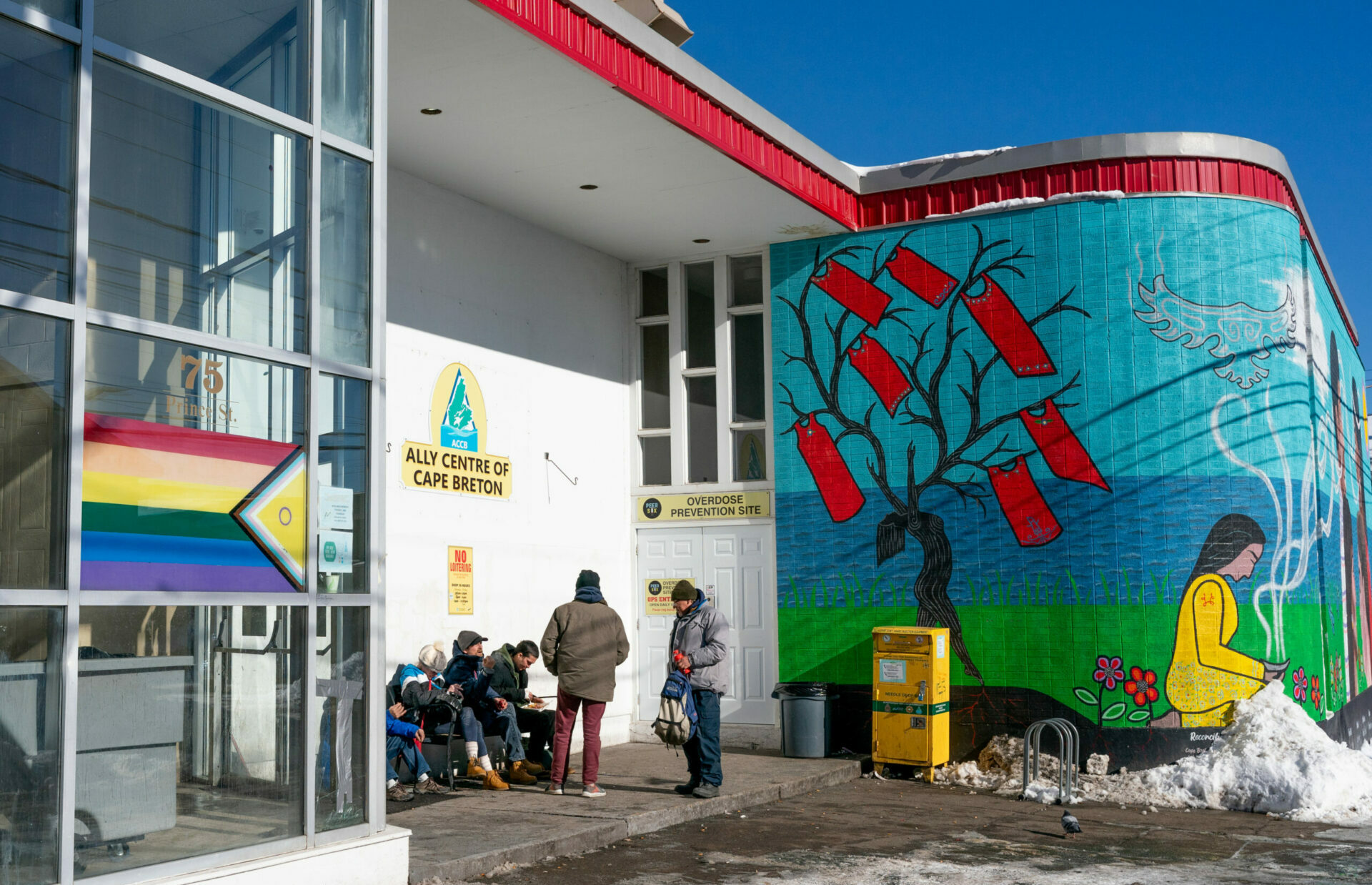February 3, 2024 · Posted by Erika Shea
Ally Centre’s impact in Downtown Sydney and Beyond
In discussions of the proposed CBRM Pallet Shelters and in ongoing discussions of the ways in which downtown Sydney is changing, misunderstandings about the work and clients of the Ally Centre of Cape Breton are common.

